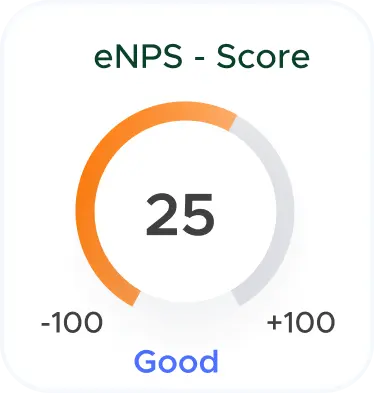HR KPIS
Human resources KPIS serve as critical tools for measuring the effectiveness of an organization’s human capital strategies.
These metrics provide a quantitative foundation for understanding everything from recruitment processes and employee retention rates to training effectiveness and workforce satisfaction.
Tracking HR KPIs is essential for aligning the workforce with the strategic goals of the organization, optimizing employee performance, and enhancing overall organizational health.
In this glossary, we will delve into the pivotal HR KPIs that businesses must track to ensure they are not only managing but also maximizing their human resources to foster a productive, engaged, and motivated workforce.
What are the key HR KPIs for HR performance?
The key HR KPIS for HR performance are
1. Human resources (HR) KPIs
HR KPIS are essential for measuring the effectiveness of HR activities and strategies within an organization.
2. Employee turnover rate
This KPI measures the rate at which employees leave the organization. A high turnover rate may indicate dissatisfaction with workplace culture, compensation, career prospects, or management practices.
3. Time to hire
The average time it takes to fill a vacancy from when the job is posted until an offer is accepted. This metric helps assess the efficiency of the recruitment process.
4. Employee satisfaction score
Typically derived from regular surveys, this score reflects how happy employees are with their workplace environment, culture, and their roles. It is a direct indicator of the overall morale within the company.
5. Training effectiveness score
Evaluates the impact of training programs on employee performance and development. This can be measured through changes in work quality, productivity, and professional growth following training sessions.
6. Absenteeism rate
Tracks the frequency and duration of unscheduled absences among employees. High rates can indicate deeper issues such as job dissatisfaction, poor work-life balance, or inadequate health and wellness support.
7. Cost per hire
Calculates the total cost associated with recruiting a new employee, including advertising fees, recruiter salaries, administrative costs, etc. This KPI helps HR to optimize recruitment strategies financially.
8. Retention rate
Measures the percentage of employees who remain with the company for a certain period, typically annually. This KPI is crucial for assessing the effectiveness of retention strategies and overall job satisfaction.

.svg)













.svg)



.svg)
.svg)